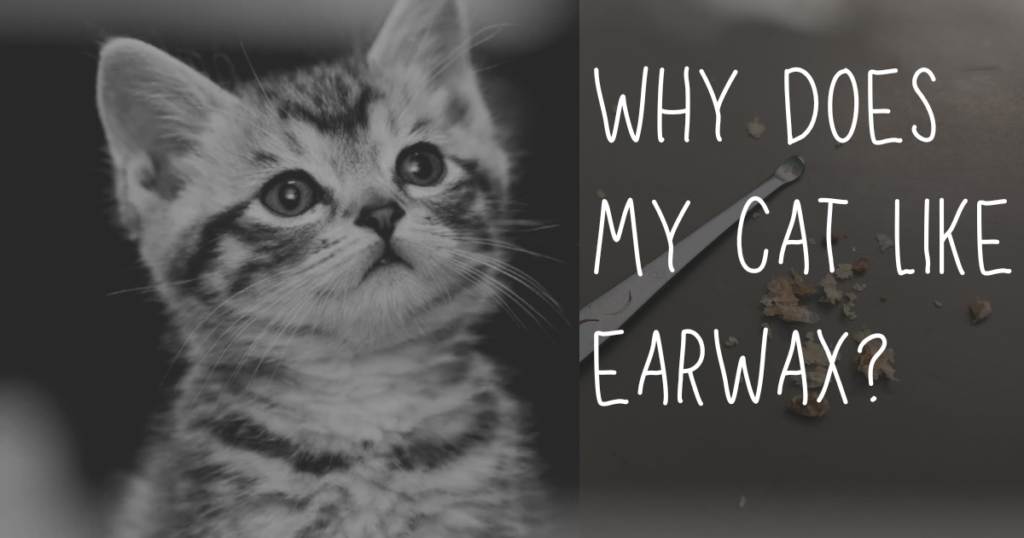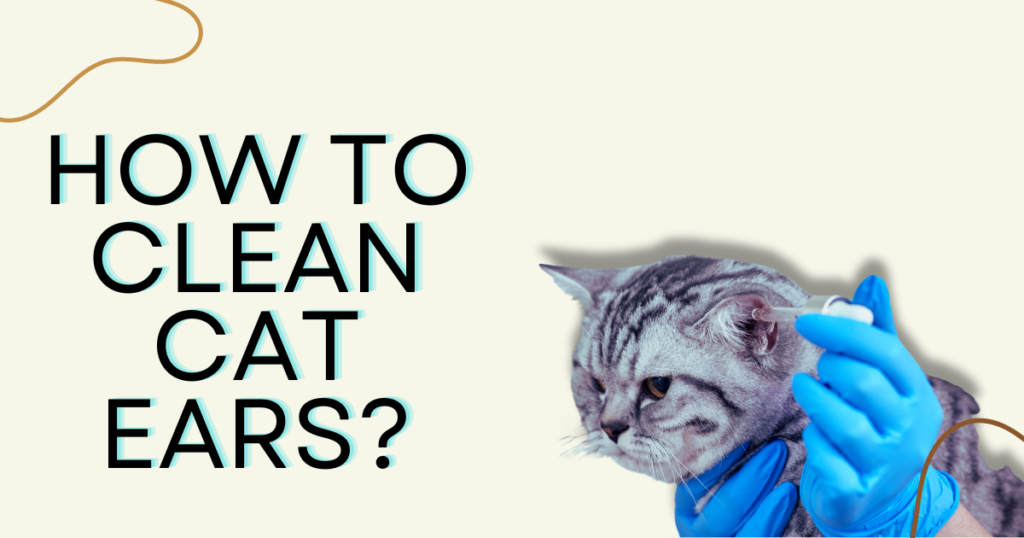Have you ever caught your cat sniffing around your ears or even trying to lick your earwax? pet owners are mystified by this recurring pattern. Understanding why cats are attracted to earwax can shed light on their unique sensory preferences and instincts. Earwax, while seemingly unpleasant to us, holds a certain allure for our feline friends. Let’s delve deeper into the reasons behind this curious habit and explore how you can manage it effectively.
The Sensory Appeal of Earwax
Cats have an extraordinary sense of smell, which plays a crucial role in their interaction with the world. Earwax contains a mixture of dead skin cells, fatty acids, and cholesterol. These components have a strong scent that can be quite appealing to cats. The primary reason your cat likes earwax is due to its strong, distinctive smell that stands out to their sensitive noses. This heightened olfactory sensitivity makes even the faintest scent interesting and worth investigating.
Cat-Like Earwax: A Nutritional Curiosity
Earwax also contains proteins, which might contribute to your cat’s interest. While cats are obligate carnivores and require a diet rich in animal proteins, their curiosity can lead them to explore other protein sources, even if it’s something unusual like earwax. This curiosity can sometimes extend to licking or chewing on other non-food items that have interesting textures or scents. It’s important to note that this behavior doesn’t indicate a nutritional deficiency but rather an innate curiosity.
Behavioral and Instinctual Factors
Cats are natural groomers, not just for themselves but for their fellow feline companions and even their human owners. When your cat licks your ears or earwax, it might be engaging in grooming behavior, trying to clean you as it would another cat. This behavior can enhance the relationship between you and your pet. Grooming is a significant social activity for cats, and when they groom you, it’s a sign of affection and trust.
Additionally, earwax contains pheromones that can be soothing and familiar to cats. These pheromones play a role in their social interactions and territory marking. When your cat smells or licks your earwax, it might be comforting itself with your unique scent.
Possible Health Concerns
While a cat’s interest in earwax is usually harmless, excessive licking can lead to potential health issues. If your cat is frequently trying to lick your ears or seems obsessed with earwax, it might be worth consulting a veterinarian. There could be underlying health issues such as ear infections or behavioral problems that need addressing. Over-grooming behaviors can sometimes indicate anxiety or stress, so it’s essential to monitor your cat’s overall behavior and health.
Tips to Manage Your Cat’s Earwax Obsession
- Distract with Toys: Provide engaging toys to divert your cat’s attention away from your ears. Puzzle feeders, interactive toys, and catnip-filled items can be great distractions.
- Regular Cleaning: Keep your ears clean to reduce the attraction of earwax for your cat. Using gentle ear cleaning solutions can help minimize the buildup that might attract your cat.
- Healthy Diet: Ensure your cat is receiving a balanced diet rich in necessary proteins to minimize their interest in alternative protein sources. Consult your vet to ensure your cat’s dietary needs are being met.
Understanding Feline Curiosity
Cats are naturally curious creatures, and their interest in earwax is just one example of their inquisitive nature. They explore their environment primarily through their senses, especially smell and taste. This exploration can sometimes lead to behaviors that seem odd to us but are entirely normal for them.
Creating a Stimulating Environment
To keep your cat engaged and reduce its focus on unusual items like earwax, create a stimulating environment. Here are some tips:
- Provide Variety: Offer a variety of toys that cater to different play styles, such as chasing, pouncing, and batting.
- Interactive Play: Spend time playing with your cat using wand toys or laser pointers to simulate hunting activities.
- Vertical Space: Cats love to climb and perch. Provide cat trees or shelves to satisfy their climbing instincts.
- Scratching Posts: Ensure there are plenty of scratching posts to keep their claws healthy and provide an outlet for their scratching behavior.
Understanding why your cat likes earwax involves recognizing their acute sense of smell, nutritional curiosity, and natural grooming instincts. While it might seem strange, this behavior is typically harmless. However, if it becomes excessive, consulting a veterinarian is advisable. By addressing this curiosity with appropriate distractions and care, you can maintain a healthy and happy relationship with your feline friend. Providing a stimulating environment and meeting your cat’s dietary needs can help manage this behavior effectively. Embrace your cat’s quirky habits as part of its unique personality, and enjoy the bond that comes from understanding and caring for your furry companion.
You May Also Like:



